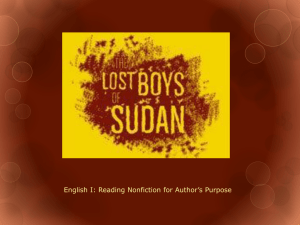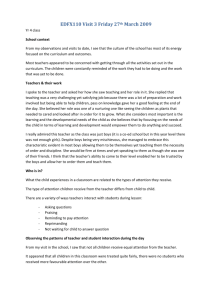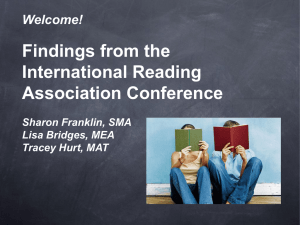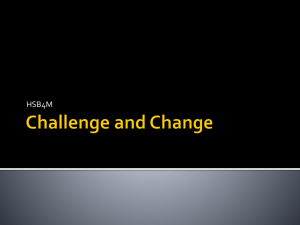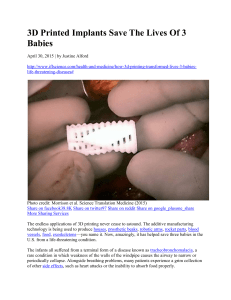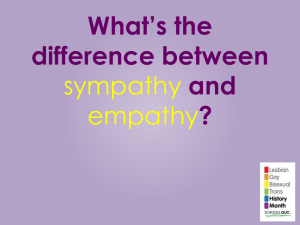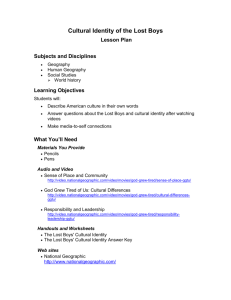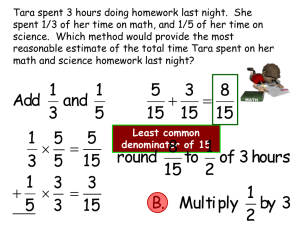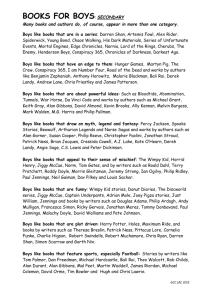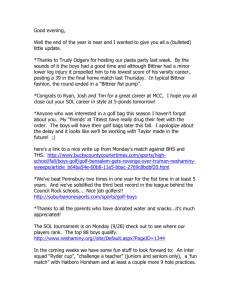God Grew Tired of Us
advertisement
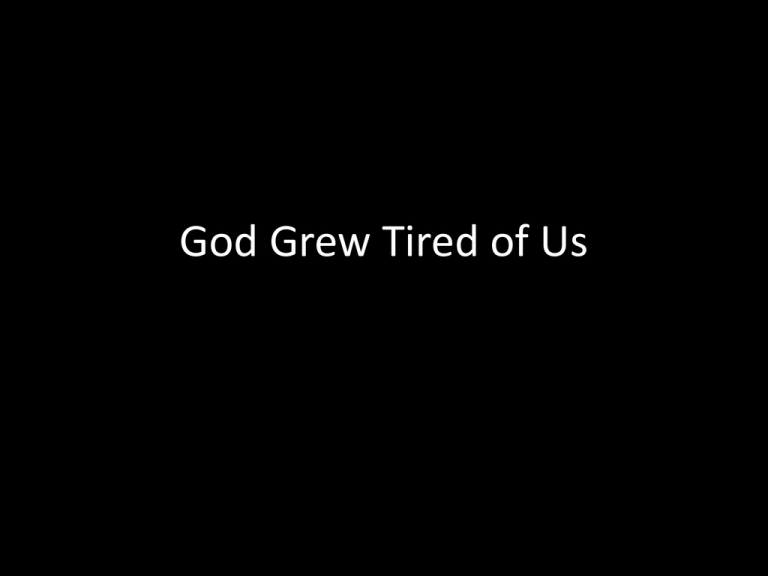
God Grew Tired of Us Vocabulary • Migration- the movement of people from one place in the world to another for the purpose of taking up permanent or semipermanent residence, usually across a political boundary • Emigrant- a person who leaves a country to reside in another • Immigrant- a person who enters a new country from another to take up residence • Refugee - a person who enters a new country from another to take up residence • Diaspora - the scattering of a population from its traditional homeland, usually due to involuntary (forced or impelled) migration • Resettlement - official policy of moving refugees to new, permanent homes, usually in a different country Activity 1 Click here for video Answer the following Questions on your notebook paper: • Why did the Lost Boys have to flee their homes? • Why couldn’t they stay in Ethiopia? • What was life like in the refugee camp? • What new things did they experience on the journey from Kenya to the United States? Activity 2 Cultural Identity, Cultural Differences, and CommunityBuilding Vocabulary • Cultural identity - a sense of personal connection with a particular culture group • Assimilation - change of lifestyle in which immigrants give up their traditional culture and follow the ways of their adopted country (sometimes called the “melting-pot” approach) • Acculturation – change of lifestyle in which immigrants adapt to the ways of their adopted country enough to fit in and support themselves, but maintain as much of their own traditions as possible (sometimes called the “salad bowl” approach) • Cultural landscape - the evidence of human activity on a physical environment • Cultural marker – events or facets of society that distinguishes one culture from another Sudan: Sense of Place and Community Click here for video Sudan: Cultural Differences Click here for video Sudan: Responsibility and Leadership Reflect and Discuss • What have you learned about Dinka culture? What markers are representative of Dinka culture? Of American culture? What values do the Lost Boys hold? How do those values compare with your own? • What questions and fears do the Lost Boys have about life in the U.S.? What questions and fears would you have if you were moving to a new country? What differences do you see between Dinka culture and American culture? What are some of the challenges the Lost Boys encounter? How do they adapt to life in the United States (think in terms of both assimilation and acculturation)? How do you think you would adapt to life in a new place? • What community-building strategies have the Lost Boys practiced both within the refugee camps and once resettled in the United States? • What community-building strategies have been practiced among the Lost Boys and the communities into which they settled? • What sense of responsibility do the Lost Boys feel toward each other and toward their families and friends still in Africa? In what ways are they trying to improve their own lives and those of their families and friends? What can students do to make a difference in their own community?
